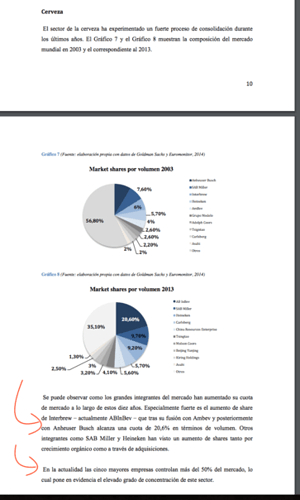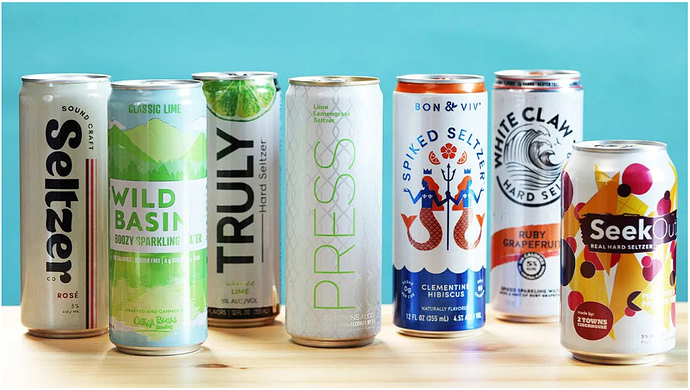Esto escribía The Conservative Income Investor sobre Boston Beer (SAM) en Mayo del 2017 cuando cotizaba a 144$
There are few businesses in which investor sentiment has shifted between extreme optimism and extreme pessimism quite like Boston Beer (SAM). Before the financial crisis hit, the stock traded at $55 per share. Then, it fell to $17 in 2009. By the next year, the stock quintupled in price to over $100. The stock price continued to accelerate all through 2015 when the stock hit a high of $325 based on strong sales of Angry Orchard cider which augmented core earnings from the primary Sam Adams brand. When the volume growth stagnated, the stock price got cut in half to the present day value of $144 per share.
This has caught my attention. Boston Beer distinguishes itself from other alcohol brands by maintaining an absolutely phenomenal balance sheet. Due to the high costs of establishing breweries, distribution channels, and the advertising necessary to “build a brand”, the industry debt average is about 5.6x net profits. Though this is heavily skewed by the debt of Anheuser-Busch Inbev, which has $123 billion in debt against just under $10 billion in net profits. When you remove BUD from the calculations, the industry debt average is around 4x profits.
Every since finding its initial success with the Sam Adams brand, Boston Beer has chosen to maintain a very conservative balance sheet so that it would always have the cash on hand to weather any difficult market conditions. Currently, the business has no debt, $91 million cash in the bank, and annual profits in the $65-$75 million range.
As a prospective investor, I love this. All too often, businesses cloak themselves in leverage that is rarely discussed, and then the beer brand disappears as soon as soon as a fad wears out because there is not enough cash ballast remaining to make a strong advertising push that would reinvigorate the brand.
Boston Beer does not have this problem. It can afford to run meaningful advertising campaigns when it wants to spur demand, expand into new offerings, and enlarge.
I would expect to see heavy advertising into Sam Adams and Angry Orchard or the acquisition of a new brand within the next year or two. The management at Boston Beer knows what it is doing. Over the past ten years, an examination periods that features a deep recession, Boston Beer stock has compounded at a rate of 17.5% to $10,000 into $46,000. This data is fully reflective of Boston Beer’s results even after its recent price swing down from $325. And those results are entirely based on actual business performance and free cash flows that supported stock repurchases—there is no debt-fueled financial engineering here.
Also, Boston Beer comes with a lottery ticket of sorts. If there is a meaningful tax cut on the corporate rates within the next year or two, Boston Beer will feel the full effects of it because it generates nearly all of its net income inside the United States. It paid 37% in taxes on its income last year. If the corporate rate went down, you would see a direct, linear increase in Boston Beer’s overall earnings. This would lead it to outperform multinationals that already take advantage of tax havens in the short term. This is not an independently sufficient basis to invest in Boston Beer, but it is a nice ancillary benefit that may be in the offing to increase profits.
The current valuation of the stock is a little over 20x earnings. There is a realistic possibility that earnings per share could double in the next five years from the current $5.40 per share to the $11 range. Because the business is still so small, it can justify a P/E ratio in the neighborhood of 30. The realistic best case scenario for this stock is a price in the neighborhood of $300 to $350 per share in 2023, assuming that the United States is not in a recession at that end point.
It is a very simple, high single digit / low double digit growth business business with an excellent balance sheet. If you are looking to add smaller companies with valuations around $1 billion or so to your portfolio, Boston Beer is worth a look.



